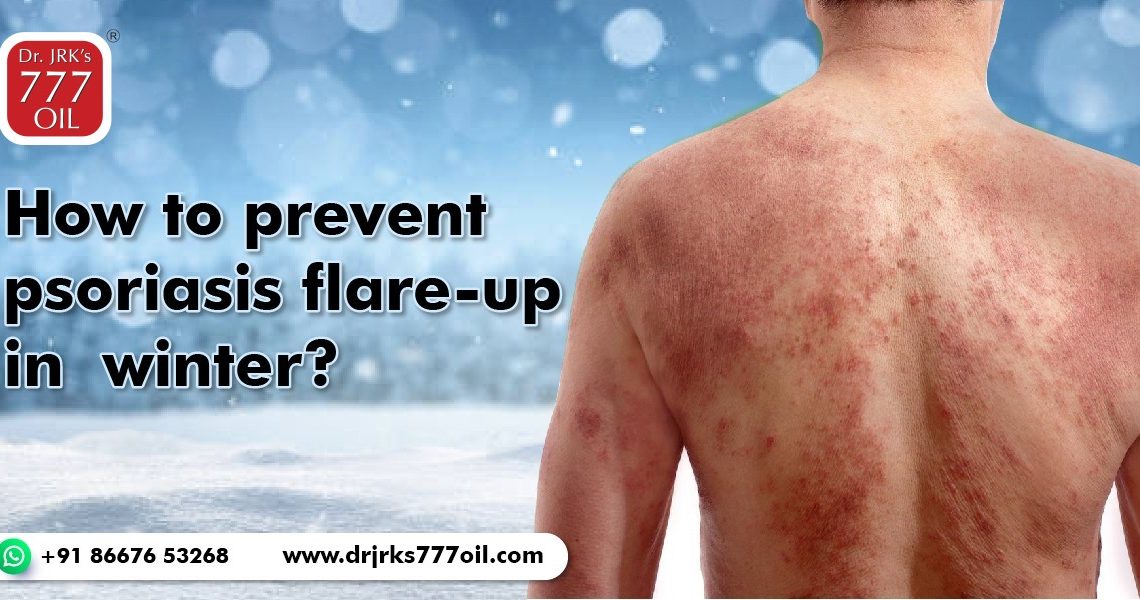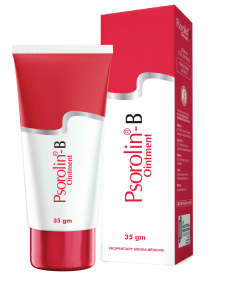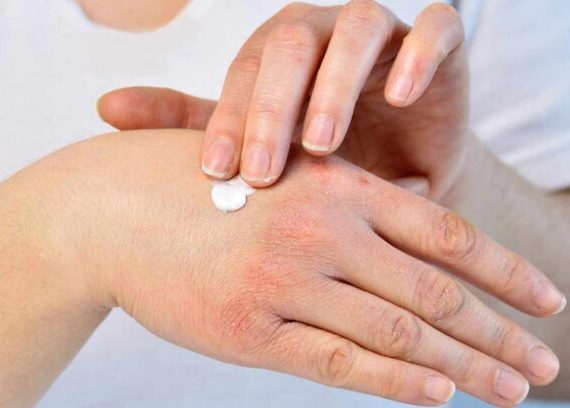

Psoriasis is a chronic, autoimmune condition that results in the formation of thick, scaly skin patches with itchiness, discomfort, and scaling of skin while suffering from psoriasis
A number of factors in winter, including less sunlight and reduced humidity, may make psoriasis flare-up high.
Why is psoriasis worse in winter?
Lack of sunlight
For some people, the lack of sunlight during winter may trigger psoriasis. UV light is present in sunlight, and it can penetrate the skin and slow skin cell growth. As UV light, in the form of phototherapy, is an effective treatment for psoriasis, sunlight will probably have a positive effect on some people with psoriasis.
Sun exposure may have an immunosuppressive effect. As psoriasis is an autoimmune condition in which the immune system is overactive, sunlight may help improve psoriasis symptoms. Conversely, a lack of sunlight in the winter may lead to psoriasis flaring up.
Low temperature and humidity
During winter, the air is typically cold and dry, and it can trigger a psoriasis flare up Therefore, it is important to keep the skin moisturized during winters
Stress and illness
Both stress and illness can also contribute toward psoriasis flares.
Tips to manage winter psoriasis
Moisturizing
As the humidity is lower in the winter, it is important that people with psoriasis keep their skin moisturized. Apply moisturizer every time after washing the hands or having a bath or shower. Doing this helps seal the moisture into the skin, and it can also help reduce itchiness and discoloration.
Using a Humidifier
Using a humidifier at home can help add moisture to the air, helping combat dry skin by keeping the skin moisturized.
Baths
A person should opt for baths rather than long hot showers, which can cause skin dryness and flare-ups.
- using warm water rather than hot water
- using a fragrance-free and moisture-rich soap or cleanser
- applying a fragrance-free moisturizer within 5 minutes of taking a shower or bath
Clothing
Try to stay warm during cold weather by wearing a hat, winter jacket, gloves.
Also ensure that the clothes your wearing have soft fabrics, such as 100% cotton. These garments will place less mechanical stress on the skin than rough fabrics, which have the potential to aggravate psoriasis.
Hydration
A person with psoriasis should drink more water during the winter to remain hydrated to combat skin dryness. It is essential to maintain moisture, as the skin may flare up when the humidity is low.
Stress
Try to avoid or reduce stressful activities, as stress can be a trigger for psoriasis flares. practice relaxation techniques and exercises, such as yoga, to combat stress and help manage their symptoms.
Phototherapy
Phototherapy involves exposing the skin to artificial UVB, which can mimic the positive effects of sunlight on the skin. UVB can penetrate the skin and slow skin cell growth. In this way, it can help slow the formation of skin patches and reduce irritation and inflammation.

Dr.JRK’s range has The Psorolin B ointment for psoriasis & Psorolin derma skin care psorolin soap to treat and moisturize your skin during these harsh climatic conditions



